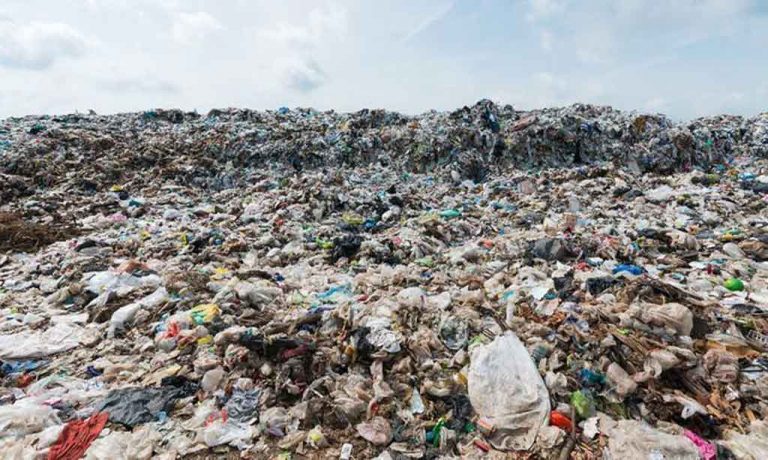Despite their much lower per capita consumption of plastics, poor countries bear up to ten times more of the burden than richer nations, particularly in countries like Kenya, says the WWF report, which describes the impact on the former as “disproportionate.”
The document stresses the “urgent need for global intervention to reverse this situation and identifies three structural inequalities that impact on middle- and low-income States, being the first their minimal influence on plastics production.”
The second inequality is that the rapid rate of plastics production exceeds the technical and financial resources for waste management in peripheral countries. The third one is the lack of a fair mechanism to hold countries and companies accountable for their polluting actions.
jg/abo/mgt/msl










